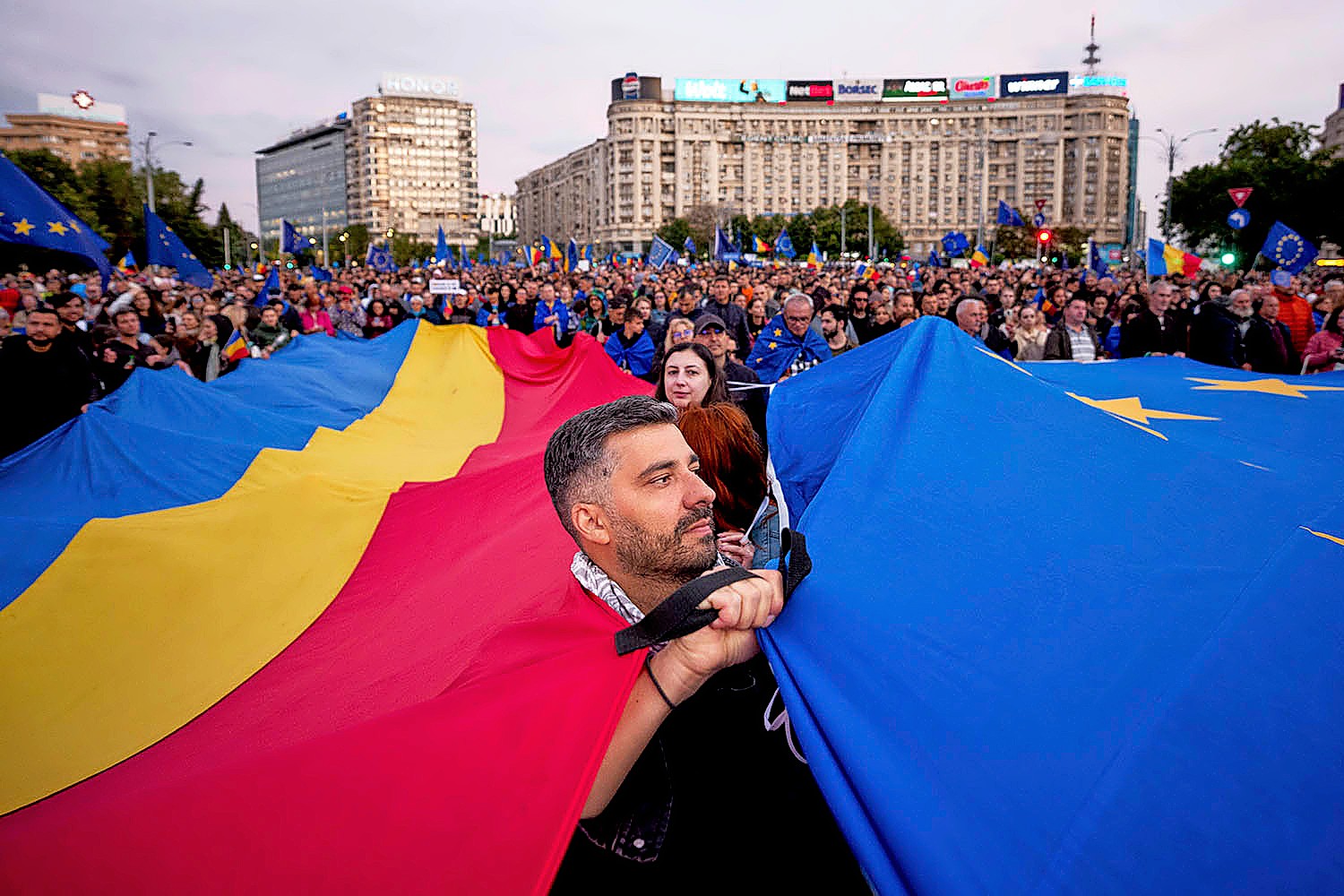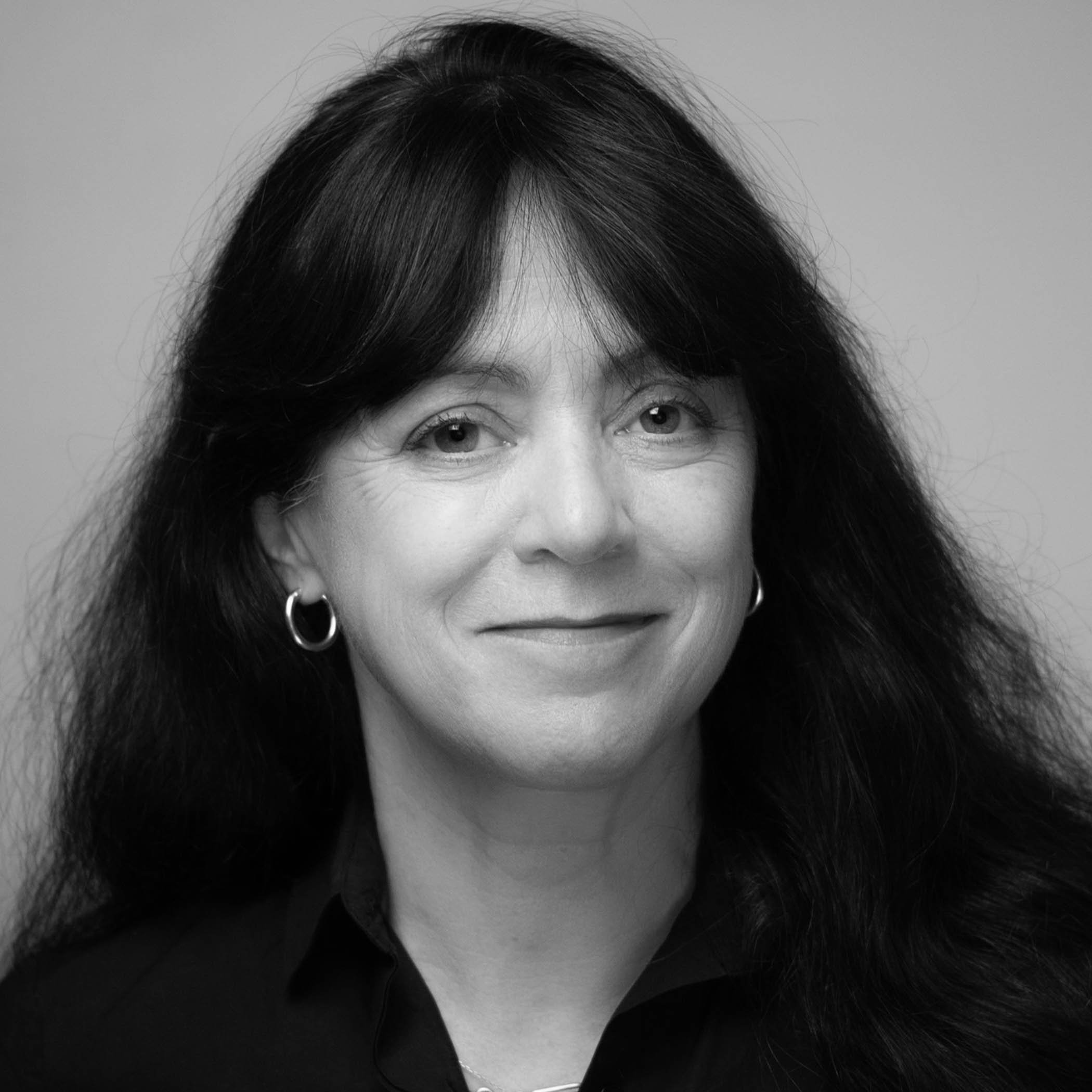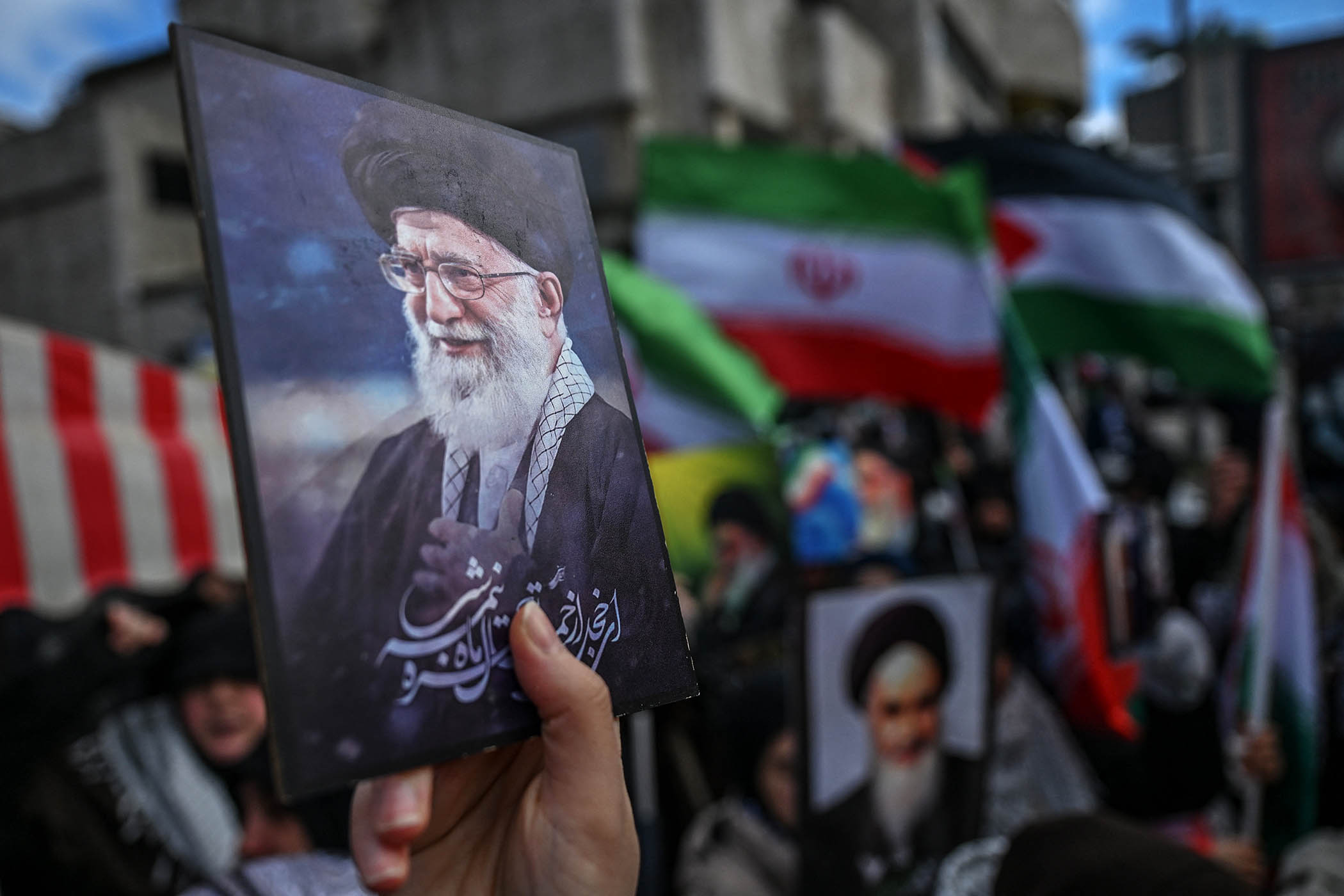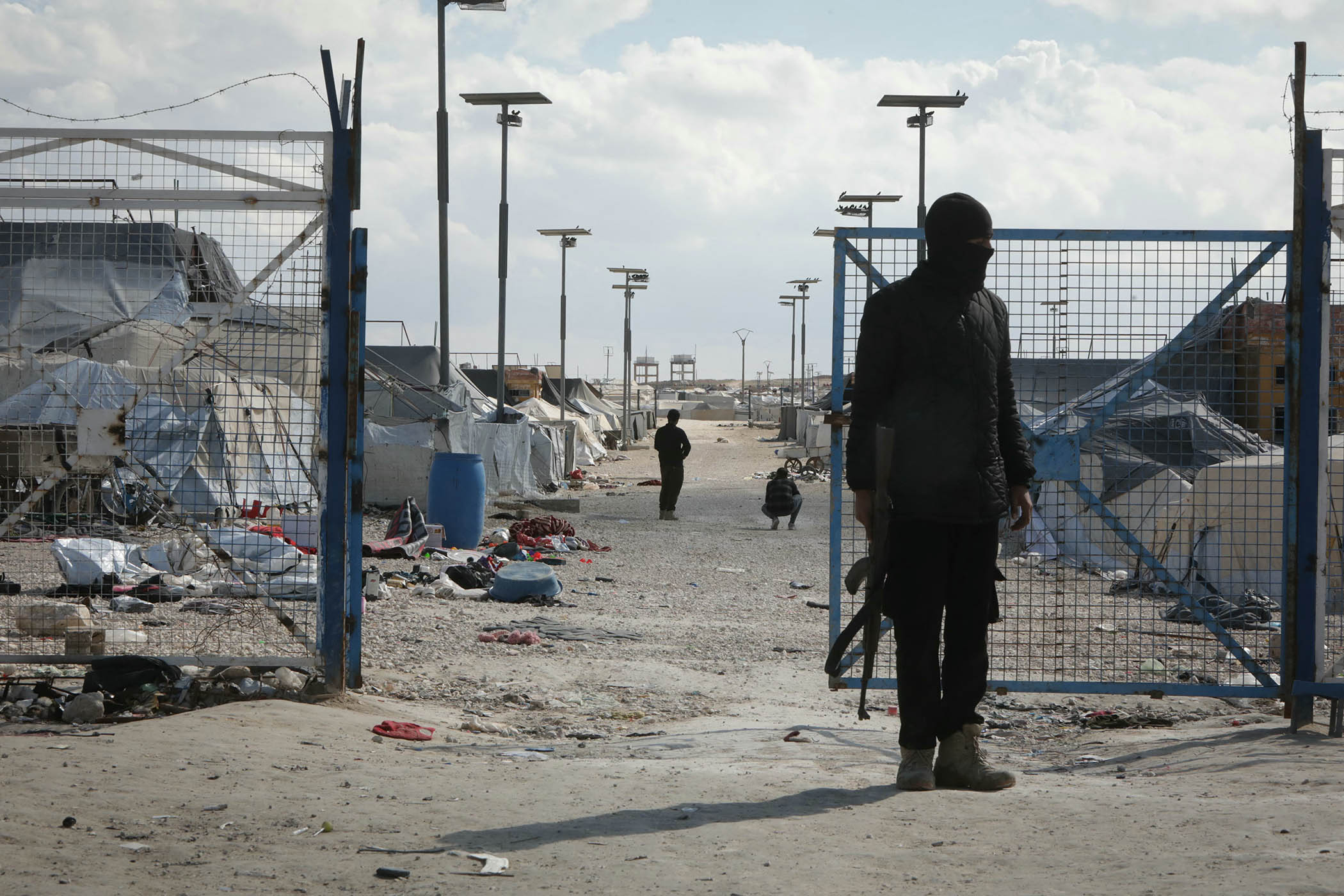Under the gilt ceiling and crystal chandeliers of Romania’s Cotroceni presidential palace, Nicuşor Dan, one of two men hoping to be the next occupant of the lavish building, is doing what normal politicians do: explaining his programme, answering questions, addressing voters.
As mayor of Bucharest, Dan knows what is expected of him, but he is alone on the stage. What was billed as a “debate” is a one-man show.
George Simion, the other candidate in today’s second-round vote, cancelled or declined invitations to debate Dan so often last week that Romanian media took to showing an empty chair with his name on it.
This particular evening, the 38-year-old far-right candidate is on a whistlestop tour of European capitals to whip up support among the Romanian diaspora which helped propel him to a massive first-round victory two weeks ago. This election, viewed as the most pivotal moment in the country’s history since it dispatched Communist dictator Nicolae Ceauşescu by firing squad on Christmas Day 1989, has been an odd business.
As polling day approached, there were no rallies, no meetings, few election posters and very little leafleting or public lobbying in the Romanian capital beyond the television stations.
The contest has pitted 55-year-old Dan, a serious centrist who is pro-EU, pro-Nato and pro-west, against Simion, a punchy former football hooligan nicknamed the Romanian Donald Trump. Simion, a disruptive, ultra-nationalist admirer of fellow EU wild card Hungary’s Viktor Orbán, promises Maga-style politics and an end to military aid to Ukraine.
Last week seven former US ambassadors to Romania warned that his programme would reverse 35 years of progress and presented “a danger to democracy, freedom and prosperity”.
Since then, Simion has been rowing back, insisting that he is not pro-Russian and is a “Eurorealist, not a Eurosceptic” to allay fears among the largely pro-European electorate. It is likely to be a close finish. While Simion secured almost 41% of the first-round vote, Dan, who trailed badly with 21%, has since closed the gap in opinion polls.
The election has also seen a challenge to traditional media from social networks, spreading what observers call a “tsunami” of fake news and misinformation, much of it traced back to Russia.
Behind the wrought iron gates of a century-old building in Bucharest’s sector 2 district, fact checkers from Funky Citizens, an NGO that monitors the web, say voters are being bombarded daily with hundreds of posts containing false claims.
Newsletters
Choose the newsletters you want to receive
View more
For information about how The Observer protects your data, read our Privacy Policy
“It’s a coordinated and targeted campaign aimed at interfering in the election and influencing an electorate that is mostly digitally naive,” Ana Mocanu, project manager for the organisation, says. “Many people, particularly in rural areas, don’t have computers but they do have smartphones and they are getting their news from social media.”
Funky Citizens, branded “foreign agents” by Simion, says it also discovered more than 200 Facebook pages, promoting far-right candidates had been created by genuine users who admitted they had been paid to post.
“They won’t tell us who’s paying them or how much, but we are pretty sure it can be traced back to Russia,” Moclanu added. Since the organisation began publishing its findings and sending an army of volunteer observers to the election counts it has also received threats.
Roma and Jewish communities fear the return of dark days if Simion wins, making Călin Georgescu prime minister
Roma and Jewish communities fear the return of dark days if Simion wins, making Călin Georgescu prime minister
Romania was supposed to choose a new president last November. But after the far-right candidate Călin Georgescu came from nowhere to win the first round, the country’s constitutional court annulled the result amid claims of Russian interference via TikTok and Telegram. The decision prompted US vice-president JD Vance to suggest the move was based on “flimsy suspicions of an intelligence agency and enormous pressure from its continental neighbours”.
The Romanian authorities, shocked by the transatlantic criticism, insisted evidence of Russian interference had been picked up by three intelligence agencies, but the ban on Georgescu made even some of his opponents uneasy. The prospect of Simion winning and appointing Georgescu as his prime minister, has caused widespread anxiety among Roma and Jewish organisations which fear a return to some of the darkest days of Romania’s history.
They point to Georgescu’s links to extreme far-right and antisemitic figures promoting the historic Mișcarea Legionară (Legionary Movement), one of Europe’s most violent fascist and antisemitic organisations in the 1930s, and its paramilitary wing the Iron Guard, linked to the Romanian Orthodox church.
Simion’s AUR party, which emerged in the 2020 parliamentary election on a “family, nation, faith and freedom” ticket, has close ties to the church, which last year canonised Father Ilie Lăcătușu, a key Legionară figure, in the face of fierce opposition from Jewish organisations. At the cemetery of the Assumption of the Mother of God in west Bucharest last week, a steady stream of Lăcătușu worshippers who voted for Georgescu told The Observer they would be transferring their support to Simion.
Diana Maria, a librarian, said she hoped, if Simion became president and Georgescu prime minister, they would restore the country’s “traditional values”. For Anda Constantin, from the Roma for Democracy organisation, the prospect of a Simion-Georgescu ticket, however, was terrifying.
“This week, we have Roma Resistance Day, when we mark 81 years since Roma prisoners in Auschwitz rose up against the SS guards. I just hope, 81 years later, we don’t have to put up the same fight,” she said. “People said this could never happen again, this rise of the extreme far right. Now I am starting to think it could. And this leaves me baffled, concerned and scared.
“We have received death threats – pictures of masked people with guns and swords – saying, ‘We are coming to find you and we are going to torture and kill you’. People saying Roma and Jewish people have to die.”
Roma activist, Nicu Dumitru, also fears a far-right president and government could see a resurrection of the Legionnaires movement. “We assumed the threats were from a bunch of kids but it was a proper organisation that does boot camps and paramilitary training and has a lot of support from the Orthodox Church,” he said.“This Romanian version of Nazis has a touch of mystical and religious elements linked to the church and its values. They are organised and have resources and power. They feel the time is now right for them. It’s the biggest boom they have had since the 1989 revolution.”
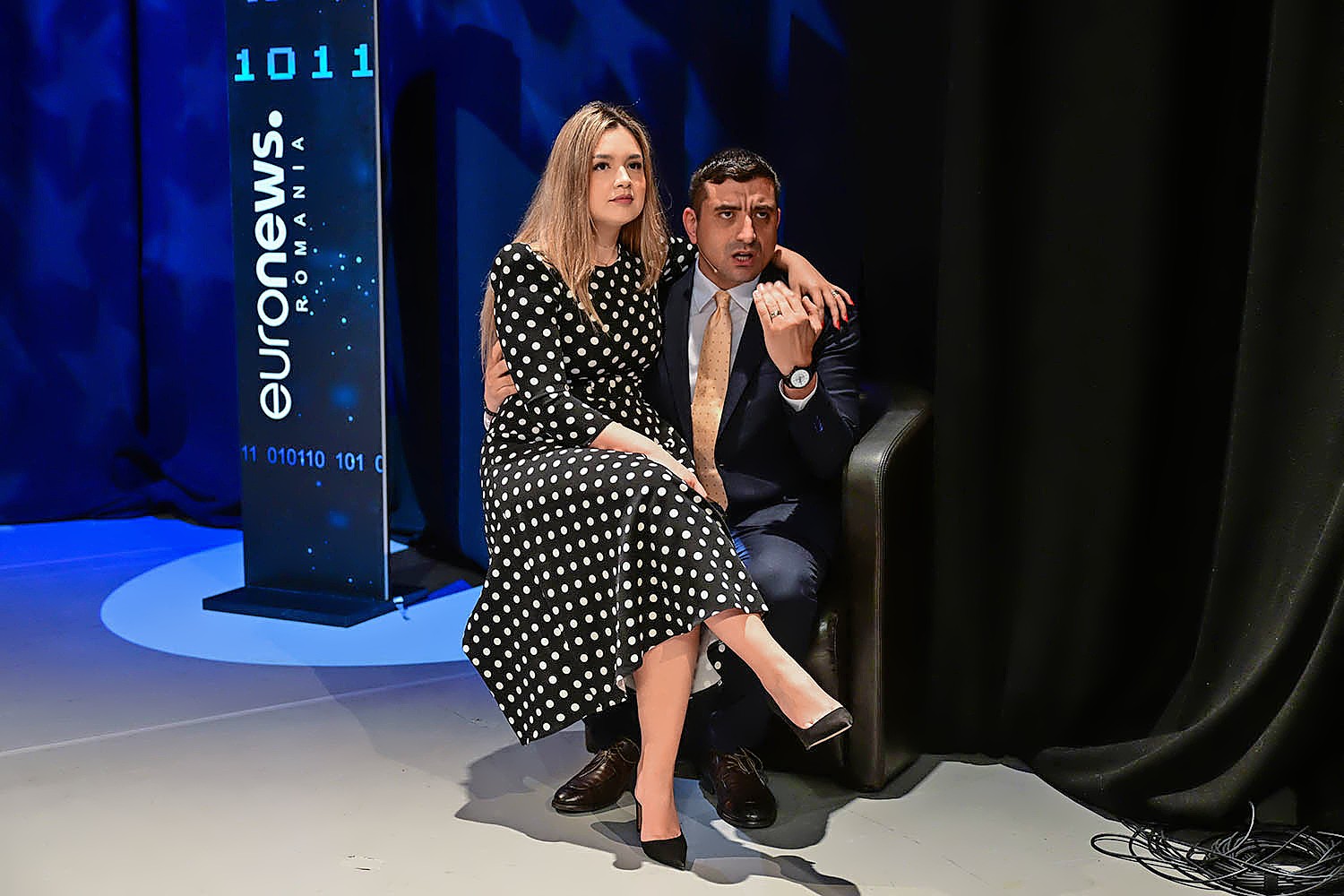
Andrei Munteanu, director of the Jewish State Theatre in Bucharest, which received bomb threats requiring police protection for its Yiddish version of The Merchant of Venice, in February said the situation was “at boiling point”. “People are scared and worried. It’s very intimidating,” he said.
On the other side of Bucharest from the presidential palace, the Livezilor Aleea – the Alley of Orchards – which bisects the poor, lawless and mostly Roma district of Ferentari in west Bucharest, is a desperately grim place. The men drinking and smoking outside the crumbling Communist-era apartment blocks on a sunny May afternoon feel abandoned by successive presidents and public authorities, including Dan, the current mayor, who is seen as part of the political elite.
Decades of neglect, during which the housing estate’s water supply was cut off and rat-infested rubbish at one point piled six feet high, have left many locals nostalgic for the Communist era.
“Trust no one” is sprayed in red paint on a graffiti-covered wall, but most here say they will back Simion at the polls. “I’m telling everyone to vote for him,” says a chef, David Dorel Rusu. “We’ve had enough of the old guys. They’ve done nothing for us.”
Ionut Sandu, a welder, can’t explain how Simion will improve locals’ lives, but says they have nothing to lose. “For us, life is a cycle in which nothing changes. We’ve tried the others, now he gives us hope,” he says.
Photographs by Andreea Alexandru; Daniel Mihailescu/AFP
